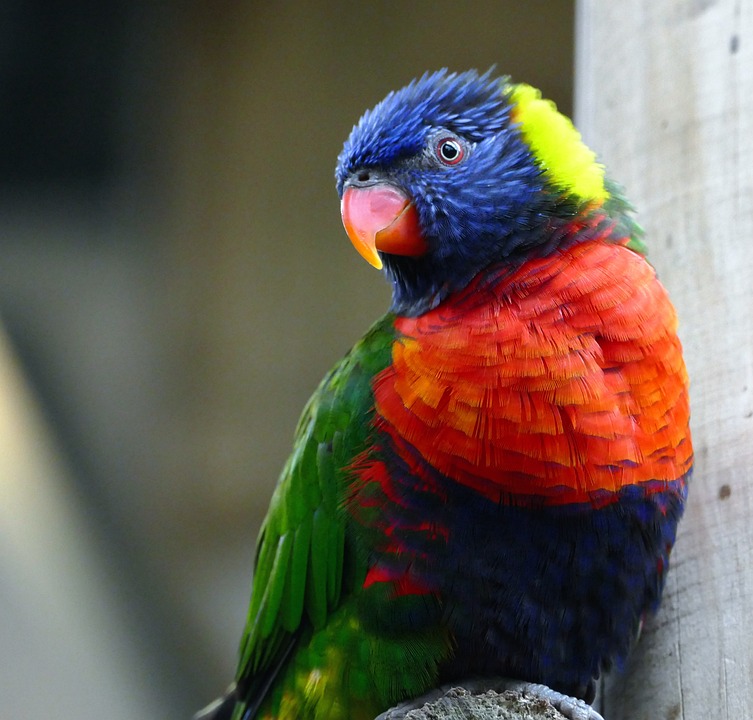Parrots are fascinating creatures known for their intelligence, vibrant colors, and ability to mimic human speech. However, in order to truly understand and connect with these magnificent birds, it is crucial to delve into their behavior and the importance of bonding. In this article, we will explore the various aspects of parrot behavior, highlighting the significance of bonding in establishing a strong and healthy relationship with your feathered companion.
Parrots have a complex behavior that is shaped by their natural instincts and social nature. Understanding these behaviors is key to creating a harmonious environment for your parrot.
Firstly, parrots are highly social animals that thrive in a flock environment. They have a strong flock mentality and form deep bonds with their companions. This social nature is important to consider when keeping a parrot as a pet, as they require social interaction and companionship.
Communication is another vital aspect of parrot behavior. Parrots use body language, vocalizations, and mimicry to express their needs, emotions, and desires. By learning to interpret your parrot’s body language and vocalizations, you can better understand their moods and respond appropriately.
Parrots are also known for their playful and curious nature. They enjoy exploring their surroundings, solving puzzles, and engaging in interactive activities. Providing ample opportunities for play and mental stimulation is crucial for their emotional well-being.
Bonding with your parrot is essential for establishing trust and building a strong relationship. Parrots are highly intelligent animals that can sense and respond to your emotions. By spending quality time together, you can develop a deep bond based on trust and mutual understanding.
Bonding also plays a crucial role in reducing stress and behavioral issues in parrots. When a parrot feels secure and connected to its owner, it is less likely to exhibit negative behaviors such as aggression, screaming, feather plucking, or self-destructive behavior.
Furthermore, bonding enhances your parrot’s cognitive abilities and mental stimulation. By engaging in training sessions and providing enrichment activities, you can challenge your parrot’s mind and keep them intellectually stimulated.
To bond with your parrot, it is important to spend quality time together. This can include activities such as talking, singing, playing, and training. Developing a daily routine can also help establish a sense of security and predictability for your parrot.
Using positive reinforcement and reward-based training techniques is another effective way to bond with your parrot. By rewarding desired behaviors with treats, praise, or attention, you can reinforce positive associations and build trust.
Providing enrichment and mental stimulation is also crucial for bonding. This can include offering a variety of toys, puzzles, and foraging activities to keep your parrot engaged and entertained.
Despite your best efforts, some parrots may still exhibit behavioral issues. Common issues include excessive screaming, feather plucking, aggression, and fear/phobias. It is important to address these issues promptly and seek professional help if needed.
In conclusion, understanding parrot behavior is essential for building a strong bond and ensuring the well-being of your feathered friend. By investing time and effort into bonding, you can establish trust, reduce behavioral issues, and enhance your parrot’s cognitive abilities. Remember, a happy and mentally stimulated parrot is more likely to thrive in your care. So, embrace the fascinating world of parrot behavior, and enjoy the rewarding experience of having a feathered companion by your side.









